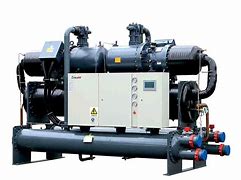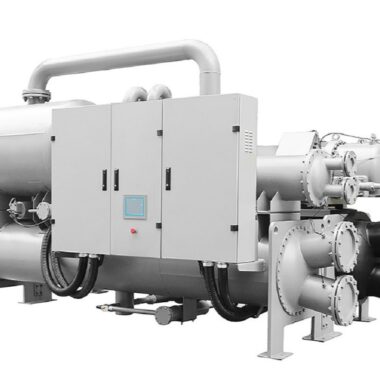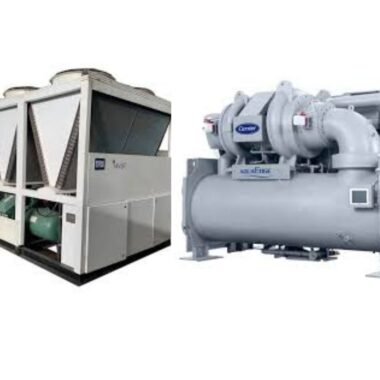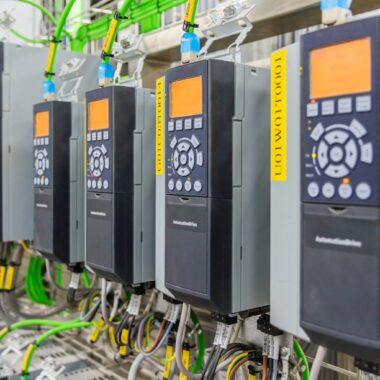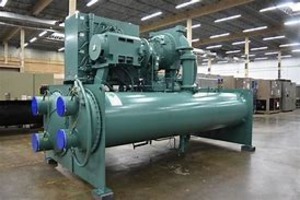Why Use Water Chillers for Cooling?
Industrial water chillers are a great cooling option that is affordable and ideal for a variety of industrial environments. A correctly sized water-cooled chiller system is an asset to any industrial operator wanting to increase output while avoiding equipment downtime. The following list summarizes the main benefits of employing a water chiller system for process cooling. A number of industrial systems produce a significant amount of heat energy as a byproduct of their operations. Cooling systems that can effectively dissipate the heat are necessary for these thermal changes.
A cooling tower is specifically designed for the water-cooled chiller. Because condensers of water-cooled chillers use water as their stimulant and cooling material. Because wet surfaces are more successful at transferring heat. Also, do compression work at wetter bubble temperatures, and the efficiency of water-cooled chillers increases.
1. Lifespan
Water-cooler chillers have a longer lifetime than air-cooled chillers. This is because water-chillers aren’t needed to be exposed to outdoor elements such as rain, snow, ice, or heat, thus they are more protected.
2. Cost-Effective
The initial costs of installation and start-up might be significant, but once the water chiller system is up and running, it is a worthwhile long-term investment with few maintenance costs and component replacements.
3. Energy Savings
Water is an excellent form for carrying heat energy, which means it will quickly vanish the heat within an associated process faster while utilizing less energy.
4. Energy Efficiency
These are operate independently of ambient environmental temperatures, allowing them to avoid system inefficiencies that occur with fluctuations in ambient thermal conditions. Due to their principle of operation (using water to dissipate heat from a system). Water chillers are efficient in rapidly transplanting temperatures in larger industrial applications.
5. Safety
These chillers use water as a refrigerant instead of using toxic chemicals. This inevitably makes it safer for people who have frequent contact with them.
6. Noise-less
It operates very quietly. They own a few dynamic components that make them not generate unwanted noises in an industrial environment. This helps with industrial noise level regulations.


